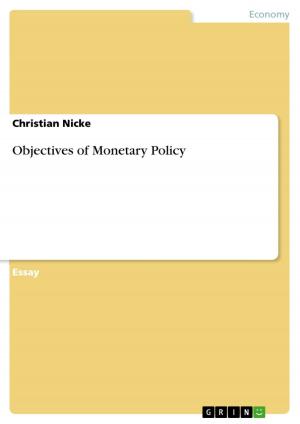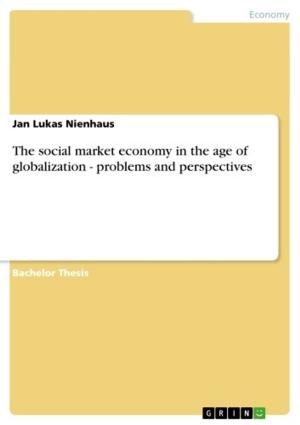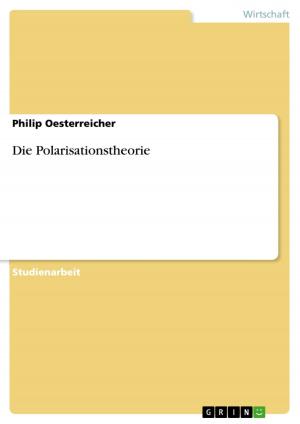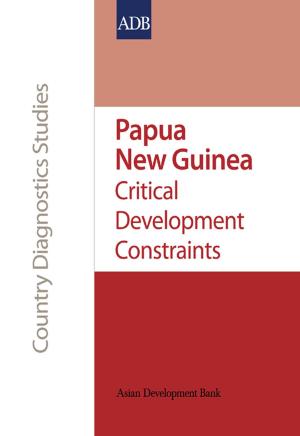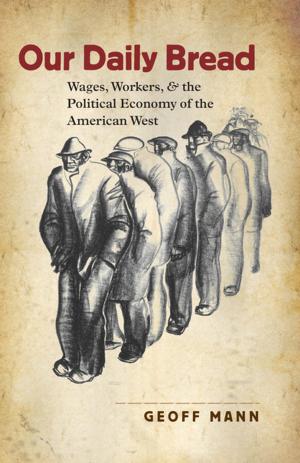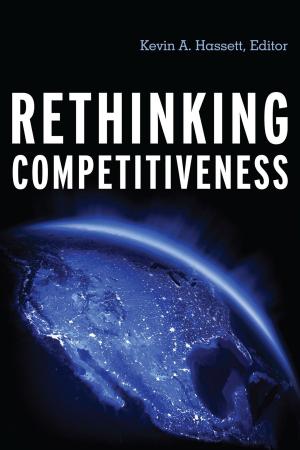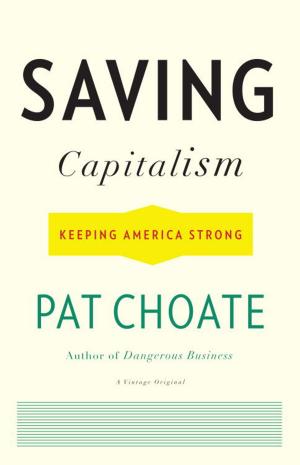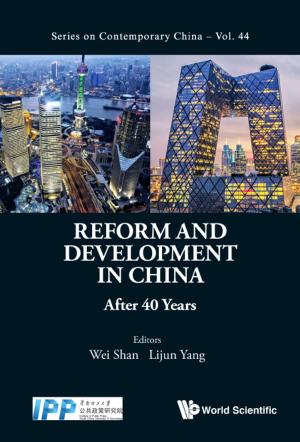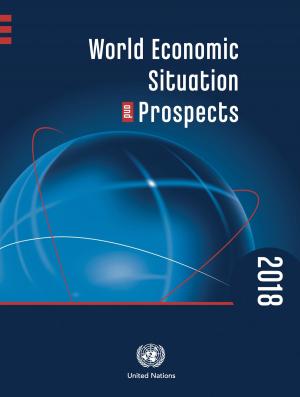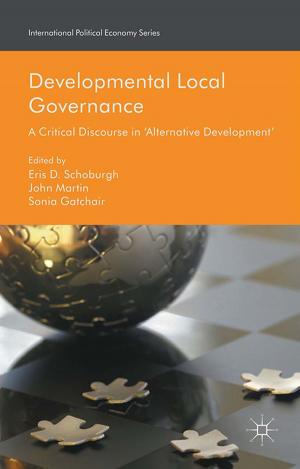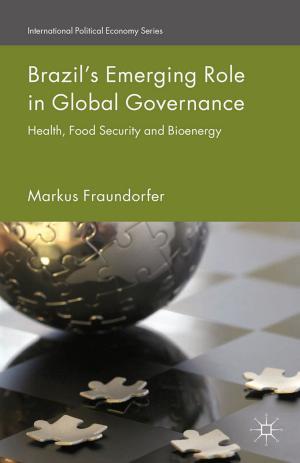Buchanan's Tensions
Reexamining the Political Economy and Philosophy of James M. Buchanan
Business & Finance, Economics, Theory of Economics, Nonfiction, Social & Cultural Studies, Political Science, Politics, Economic Policy| Author: | ISBN: | 9781942951438 | |
| Publisher: | Mercatus Center at George Mason University | Publication: | August 6, 2018 |
| Imprint: | Mercatus Center at George Mason University | Language: | English |
| Author: | |
| ISBN: | 9781942951438 |
| Publisher: | Mercatus Center at George Mason University |
| Publication: | August 6, 2018 |
| Imprint: | Mercatus Center at George Mason University |
| Language: | English |
James M. Buchanan, Nobel Laureate in Economics and one of the premier political economists of the 20th century, was at the heart of the emergence of public choice theory and the reintroduction of politics to academic economic analysis. Like any great and productive scholar, his body of work includes tensions, flaws, and inconsistencies that must be confronted by scholars looking to engage, critique, and advance his distinctive project in political economy. Buchanan’s work is important but also open for contestation and improvement.
Buchanan’s Tensions: Reexamining the Political Economy and Philosophy of James M. Buchanan presents a critical assessment of Buchanan’s research and ideas. The contributions to this edited volume, which include original chapters by several of Buchanan’s coauthors and students, identify sources of tension within his writing. The book’s key takeaway is that the research program Buchanan developed continues as an open-ended project, both as a social scientific approach and as a classical liberal political vision of constitutional order, rather than a static dogma or fruitless dead end. Taken as a whole, this volume identifies important questions and areas for future research by the next generation of constitutional political economists.
James M. Buchanan, Nobel Laureate in Economics and one of the premier political economists of the 20th century, was at the heart of the emergence of public choice theory and the reintroduction of politics to academic economic analysis. Like any great and productive scholar, his body of work includes tensions, flaws, and inconsistencies that must be confronted by scholars looking to engage, critique, and advance his distinctive project in political economy. Buchanan’s work is important but also open for contestation and improvement.
Buchanan’s Tensions: Reexamining the Political Economy and Philosophy of James M. Buchanan presents a critical assessment of Buchanan’s research and ideas. The contributions to this edited volume, which include original chapters by several of Buchanan’s coauthors and students, identify sources of tension within his writing. The book’s key takeaway is that the research program Buchanan developed continues as an open-ended project, both as a social scientific approach and as a classical liberal political vision of constitutional order, rather than a static dogma or fruitless dead end. Taken as a whole, this volume identifies important questions and areas for future research by the next generation of constitutional political economists.

